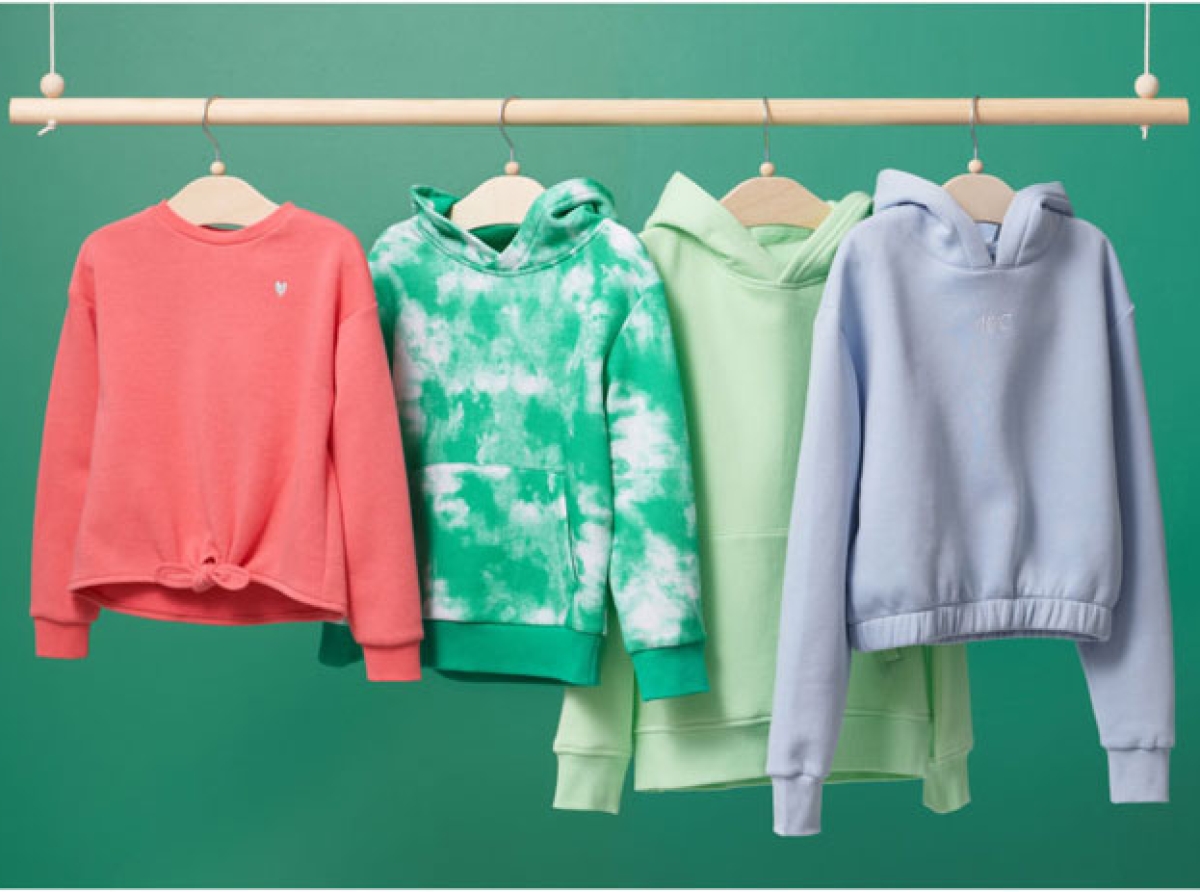
10 January 2022, Mumbai:
Fashion industry is heavily supported by plastics from the synthetic materials used to produce clothing, bags, and other fashion accessories, creating stylish and even customized features to catch the eyes of consumers.
The fast-paced fashion industry is always abuzz with new products for each season. From clothes, jewellery, footwear, bags and other accessories, the fashion world is always on the lookout for new materials that fuel the creative spirit of designers and manufacturers, and capture the fancy of buyers.
But the fashion industry is reaching a turning point as leading fashion brands are becoming more concerned on environmental issues that their buyers have focused on. As one of the first fashion designers to launch environmentally-friendly and green products, Stella McCartney uses textiles such as recycled polyester, sustainable viscose hemp and other organic materials for her fashion collection, of which Koba Fur Free Fur is popular.
The sustainable fur is made of 100% DuPont™ Sorona® plant-based fibers, an alternative to animal furs. The material can be recycled and reused without waste, and with less greenhouse gases produced as against conventional synthetic materials. April 25-28, 2022 National Exhibition and Convention Center, Hongqiao, Shanghai, PR China Stella McCartney’s Koba Fur Free Fur is made of 100% DuPont™ Sorona® plant-based fibers.
Another brand, Girlfriend Collective, produces sports bras and leggings from recycled plastics, water bottles and fishing nets. The company’s recycling center in Taiwan is where bottles are sorted, cleaned and recycled. The LITE leggings produced by the company are made from ECONYL fiber, which is derived from recycled fishing nets.
Sports bras and leggings made from recycled plastics, water bottles and fishing nets. Inditex, the company that owns high street fashion brand Zara, has committed to producing all its clothing from 100% sustainable materials. By 2025, Inditex will only use cotton, linen, and polyester that is organic, more sustainable or recycled.
SOURCE: Chinaplas.
Dear Reader, we at DFU Publications are committed to providing the latest news updates on trade development and insights, to keep our readers informed. Stay tuned. Subscribe to our newsletter.
DAILY NEWS:
Latest Publications




























